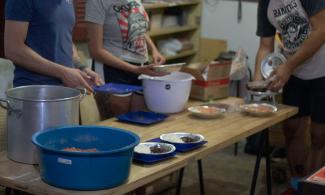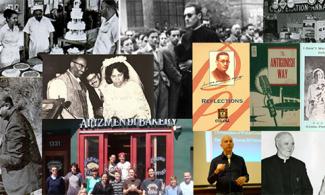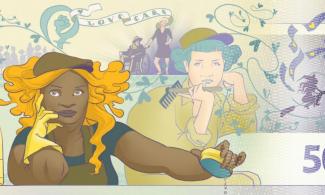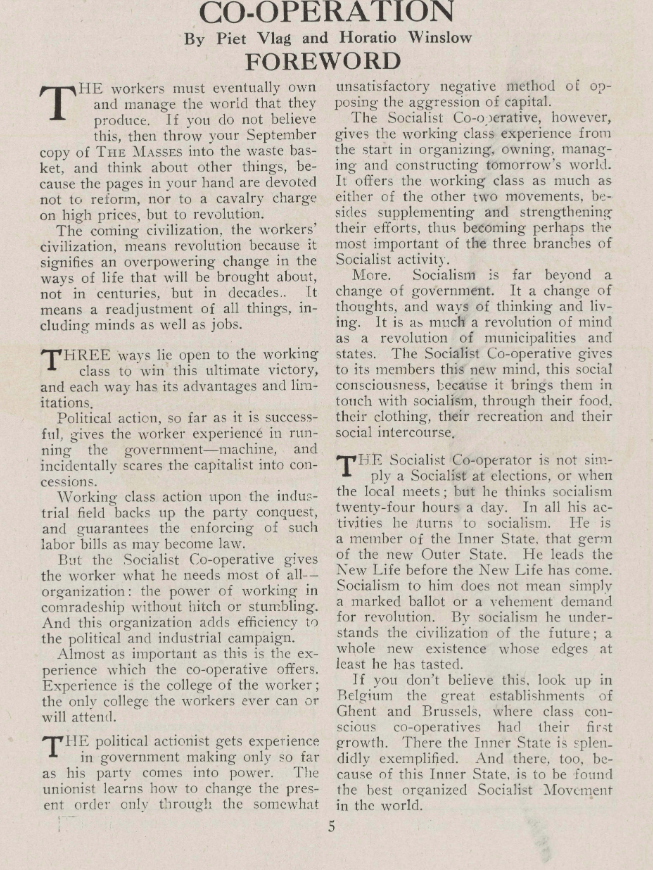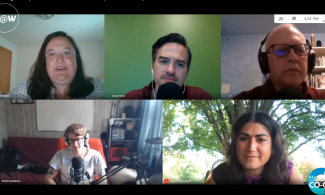Mary Sutton is a life-long activist with a strong commitment to social and economic justice. Over the years, she has participated in the movement against apartheid in South Africa, mobilized a broad coalition against prison and jail expansion in Los Angeles, and advocated for funding to build community-based solutions to address the prison-industrial complex. In 2016, Mary earned her M.A. in Urban Sustainability at Antioch University Los Angeles with a focus on incarceration. While completing her degree program, she designed Collective REMAKE, which supports the development of cooperatives among people who have been previously incarcerated or otherwise marginalized.


